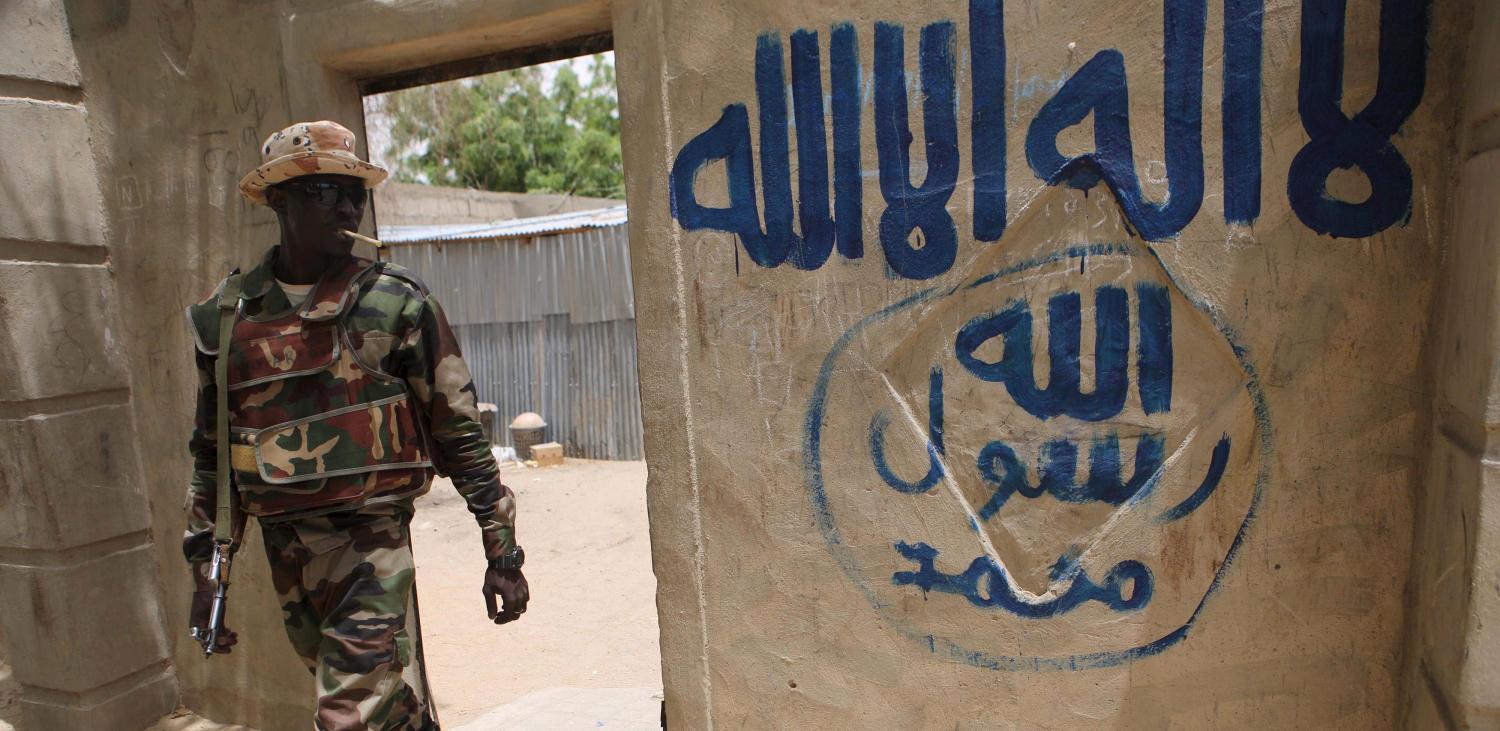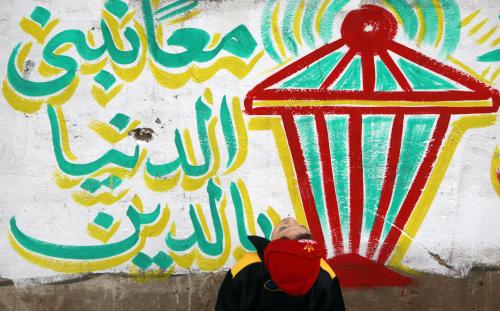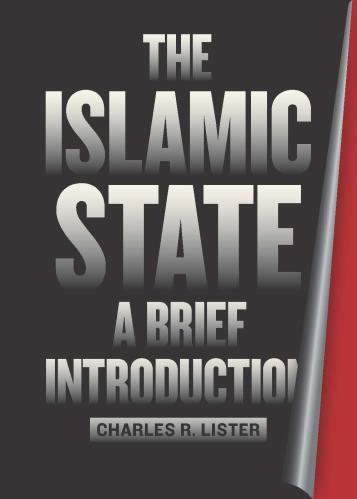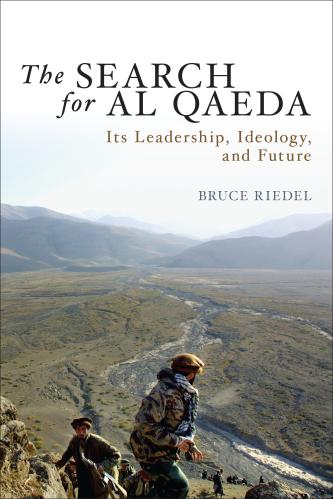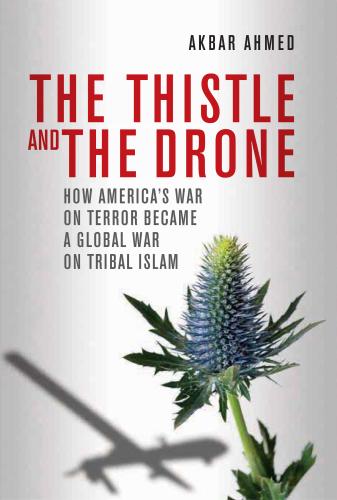 The Nigerian jihadi group Boko Haram has killed over 15,000 people, disrupted governance, and caused a humanitarian emergency in Nigeria and the surrounding countries. While its ideology is often described as opposition to democracy and rejection of Western-style education, its theology and politics encompass more than hatred for Western influence. Its worldview combines two broader ideas—first, a religious exclusivism that opposes all other value systems, including rival interpretations of Islam, and second, a politics of victimhood in response to what it sees as a decades-long history of persecution against Muslims in Nigeria.
The Nigerian jihadi group Boko Haram has killed over 15,000 people, disrupted governance, and caused a humanitarian emergency in Nigeria and the surrounding countries. While its ideology is often described as opposition to democracy and rejection of Western-style education, its theology and politics encompass more than hatred for Western influence. Its worldview combines two broader ideas—first, a religious exclusivism that opposes all other value systems, including rival interpretations of Islam, and second, a politics of victimhood in response to what it sees as a decades-long history of persecution against Muslims in Nigeria.
Boko Haram arose from intra-Muslim competition as well as narratives of grievance against the state and Christians. Its leaders have consistently used religious rhetoric in an attempt to justify the sect’s brutality, score-settling, and provocations. They have also consistently used extremely narrow criteria to define who counts as a Muslim. The group’s brutality could at some point repulse even the Islamic State, which it joined for strategic and ideological reasons in 2015.
While the Nigerian government and international actors continue efforts to defeat the group, attacks in the summer and fall of 2015 show that the battle against Boko Haram is a long-term affair. For the battle to succeed, it must be holistic by addressing socioeconomic problems, counteracting narratives that the state is anti-Islamic, and constructively engaging in a rapidly transforming religious landscape in Northern Nigeria.
